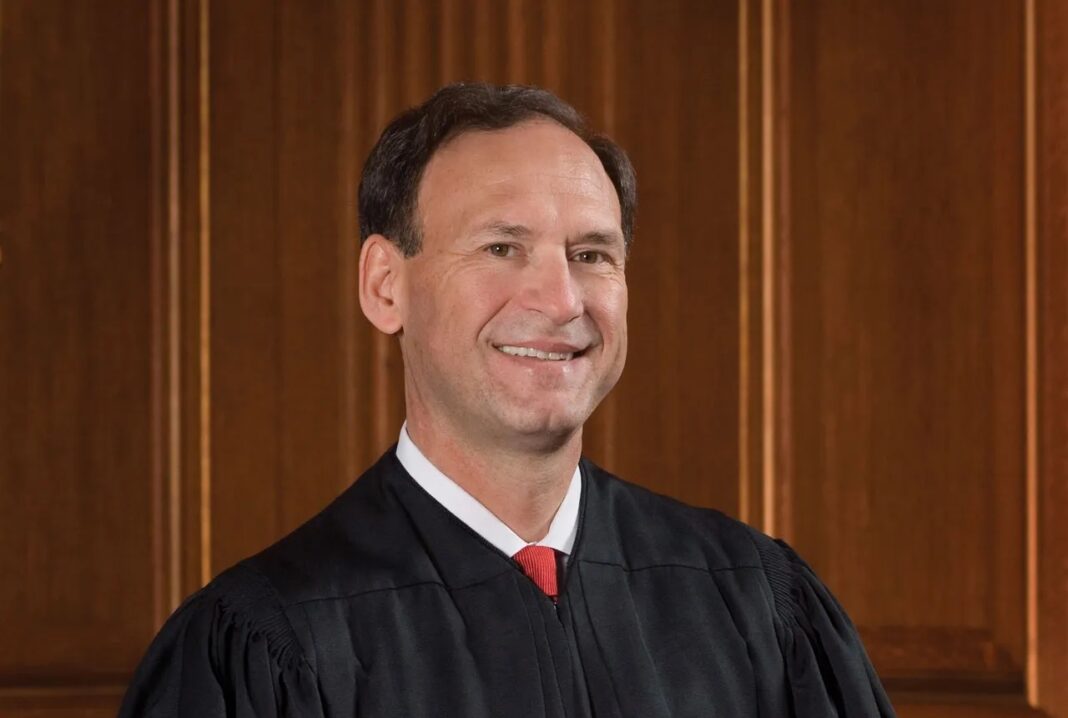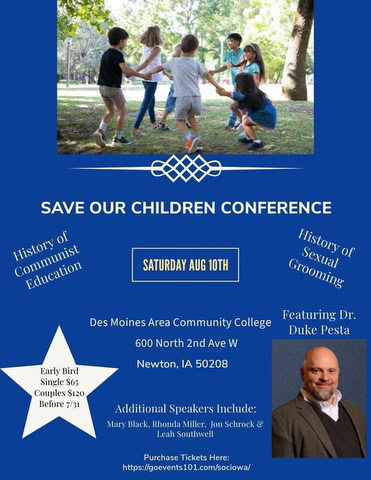While the U.S. Supreme Court declined to hear an appeal of a Missouri case where potential jurors were dismissed from hearing a trial due to their biblical beliefs on homosexuality, Justice Samuel Alito chose to issue a five-page statement “reluctantly” agreeing not to the hear the case over a procedural issue, yet he warned this discrimination poses a “danger” to religious freedom.
Missouri Department of Corrections v. Jean Finney is an employment discrimination case involving Jean Finney, a former corrections officer who self-identifies as a lesbian and claims she was fired from her position for presenting as masculine. Two potential jurors were dismissed from hearing the case for having biblical views that “homosexual conduct is sinful.”
In his opinion, Justice Alito reasoned that when the lower court upheld the jurors’ dismissal it was a statement saying a person with “traditional religious views” is “presumptively unfit” to serve as a juror in a case involving a homosexual.
Justice Alito wrote, “The [lower] court concluded that the jurors had been dismissed, not on the basis of their religious status, but on the basis of their religious beliefs. And this distinction, it said, made all the difference because, in its view, while dismissals based on a juror’s ‘status as Christians’ must comport with strict scrutiny, dismissals based on a juror’s ‘views’ need not.”
Justice Alito then stated he had anticipated a situation like this in his dissenting opinion in the 2015 Obergefell v. Hodges decision that legalized “same-sex marriage” across the country.
“[This] holding exemplifies the danger that I anticipated in Obergefell v. Hodges…namely, that Americans who do not hide their adherence to traditional religious beliefs about homosexual conduct will be ‘labeled as bigots and treated as such’ by the government,” wrote Justice Alito. “The opinion of the Court in that case made it clear that the decision should not be used in that way, but I am afraid that this admonition is not being heeded by our society.”
During the jury selection phase, Finney’s attorney asked all the potential jurors what he called a “tricky question” about whether any of them “went to a conservative Christian church” that teaches homosexuals “shouldn’t have the same rights as everyone else” because “what they did” was “a sin.”
Justice Alito wrote, “The question was indeed ‘tricky’ because it conflated two separate issues: whether the prospective jurors believed that homosexual conduct is sinful and whether they believed that gays and lesbians should not enjoy the legal rights possessed by others.”
Despite the jurors stating they could “follow the law” and that homosexuality as a sin had “nothing to do with” the legal aspects of the case, Finney’s attorney argued the jurors could not fairly apply the law and decide a case involving a homosexual person. The trial judge in Missouri decided to “err on the side of caution” and granted the motion to dismiss the jurors. Ultimately, the final selected jury sided with Finney on her sexual discrimination and hostile work environment claims awarding her $275,000 in damages.
Both the Missouri Supreme Court and SCOTUS declined to review the case because the Missouri Department of Corrections did not properly preserve an objection to the jurors’ dismissal. However, even though Justice Alito agreed on procedural grounds, he expressed that dismissing jurors even when they can act impartially raises a “very serious” issue that a future and “appropriate” case should address.
“I am concerned that the lower court’s reasoning may spread and may be a foretaste of things to come,” wrote Justice Alito. “The judiciary, no less than the other branches of State and Federal Government, must respect people’s fundamental rights, and among these are the right to the free exercise of religion and the right to the equal protection of the laws. When a court, a quintessential state actor, finds that a person is ineligible to serve on a jury because of his or her religious beliefs, that decision implicates fundamental rights.”
Justice Alito concluded, “Jurors are duty-bound to decide cases based on the law and the evidence, and a juror who cannot carry out that duty may properly be excused. But otherwise, I see no basis for dismissing a juror for cause based on religious beliefs.”
Liberty Counsel Founder and Chairman Mat Staver said, “Disqualifying a juror over religious belief is a serious threat to religious freedom. Just because jurors oppose murder does not disqualify them from serving on a murder trial. This case is not unlike Liberty Counsel’s Kim Davis case involving the issuance of marriage licenses. Religious freedom extends to more than just private thoughts.”
















